Lytton was a 'magical' place. Then it burned to the ground.
It's been three years since Lytton, B.C., residents were given just minutes to flee their homes as a wildfire tore through the village, reducing their community to rubble.
June 30, 2021, began hot. The village, about 150 kilometres northeast of Vancouver, had seen temperatures of 46.6 C and 47.9 C in the days leading up to it. On June 29, 2021, the temperature peaked at 49.6 C.
On that fateful Wednesday, in the late afternoon, a wildfire sparked and quickly spread. Community members saw the fire and, in some cases, smelled it and knew they had to leave.
An official evacuation order was issued at 6 p.m. PT by then-mayor Jan Polderman.
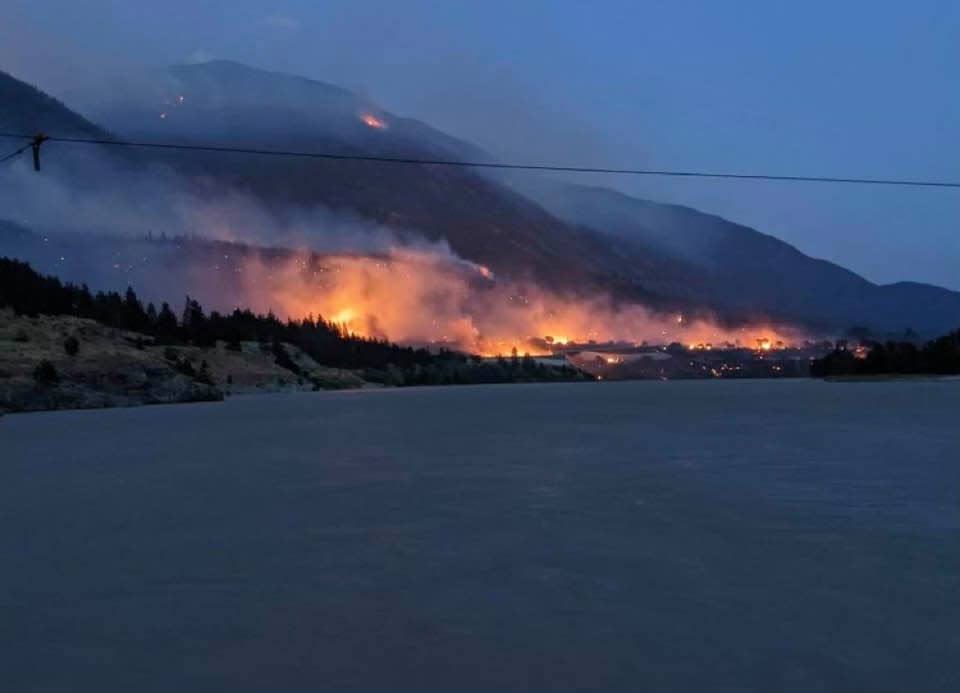
Two people died in the fire. Most homes were destroyed by it, as well as businesses, power lines and other structures.
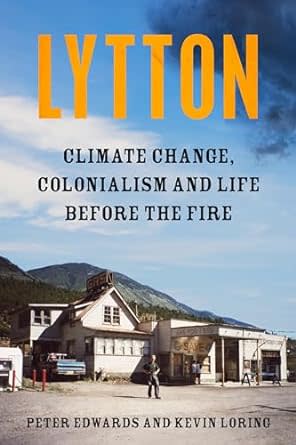
Playwright and actor Kevin Loring, who is a member of the Lytton First Nation, was sitting in his backyard in Metcalfe, Ont., planning a trip to his hometown when he saw images and video on social media of the village on fire.
"I was immediately struck with shock and horror," he told CBC's The Sunday Magazine.
Loring and fellow former Lytton resident Peter Edwards, a journalist with the Toronto Star, have just released a book: Lytton: Climate Change, Colonialism and Life Before the Fire, detailing the history of the village as the authors grapple with the loss of their hometown.
Warm summers
Growing up, Loring remembers the heat. It was a dry heat, not like the muggy summers he now slogs through in Ontario.
"You become acclimatized and accustomed to warm summers," he said.
Edwards used to beat the heat by spending the day in the pool.
"Without that swimming pool, I don't know what my childhood would have been like."
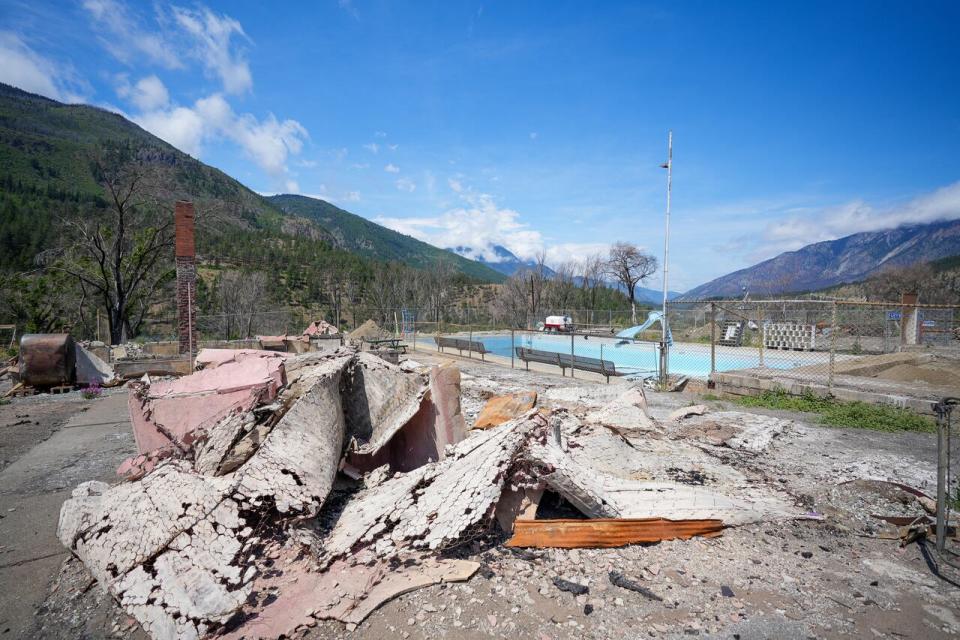
But as climate change increases the frequency of extreme weather, including heat, he said the concerns around wildfires and smoke have increased, especially in a place where the temperatures get so hot.
The day before Lytton burned, it was the hottest place ever recorded in Canada.
"I can't really even imagine that," Edwards said from Ontario, which recently experienced a long, humid heat wave.
'Magical' place
Lytton is located along the Trans Canada Highway, at the confluence of the clear blue Thompson and muddy Fraser rivers. The village is surrounded by mountain ranges. Before the fire, modest homes, a small church and a school lined its Main Street.
Edwards described his childhood in Lytton as "magical" because he wasn't afraid of anyone in town. According to provincial data, at its peak in 1971, nearly 500 people were living in Lytton.
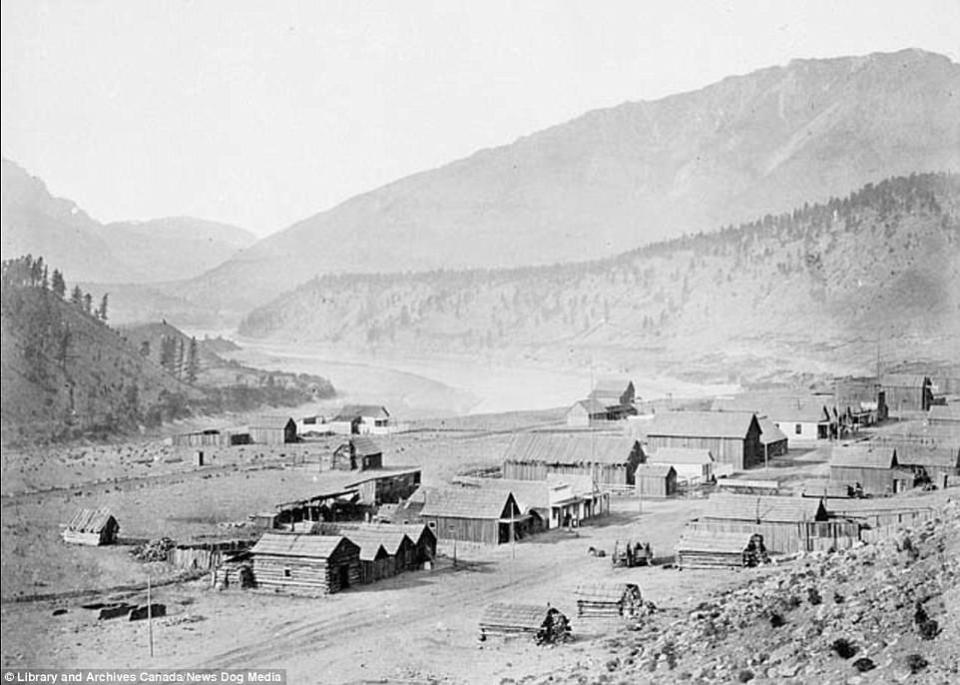
"I could knock on a door and go in a house. If I was riding my bike, my mother would say stop by and say hi to so and so, and I would," Edwards recalled.
"Where I live now, I don't know the names of any of my neighbours, and nobody wants to know them. It was magical to have that sense of extended family."
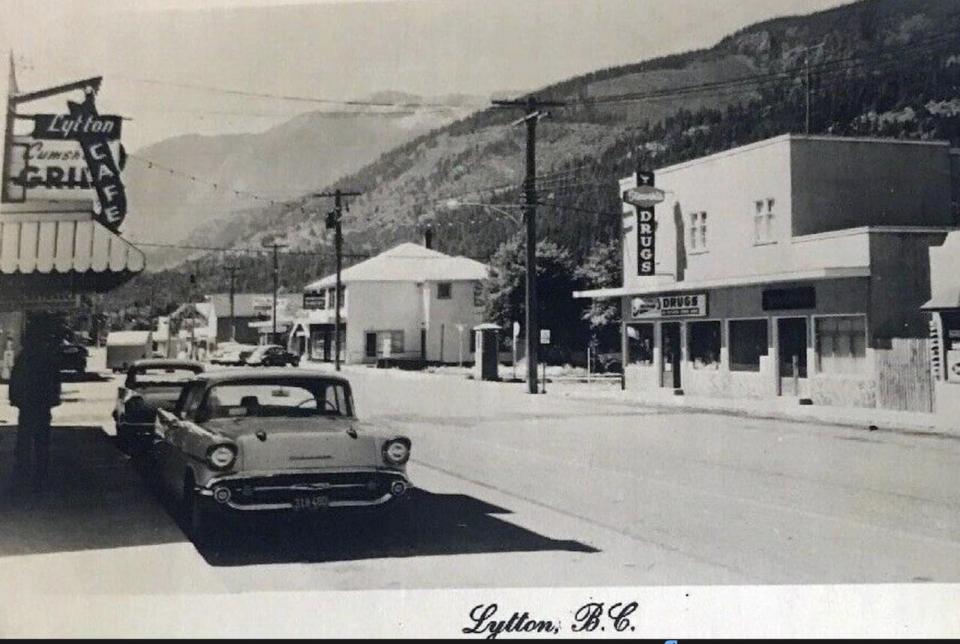
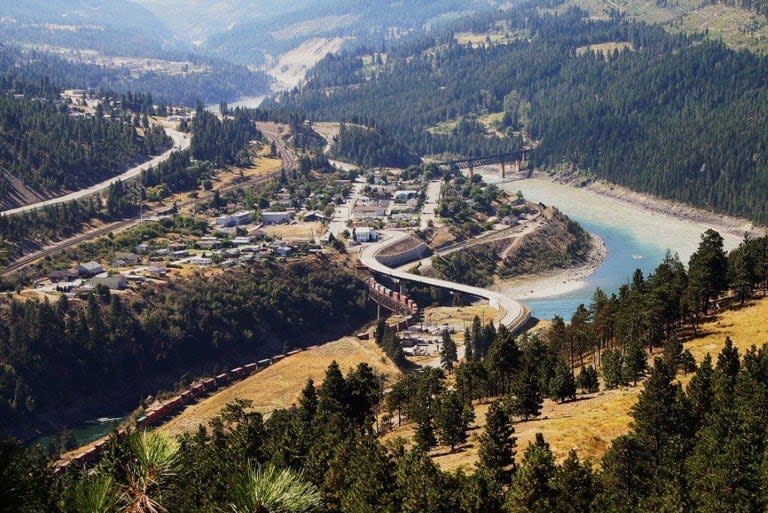
Looking back, he sees Lytton as a more accepting and inclusive place than other communities he lived in growing up.
"In Ontario, one of my first big experiences was singing in a grade school choir and being told, you know, stop singing, just mouth the words, you're not good enough."
But in Lytton, "I could be terrible at something, and nobody would tell me," he said.
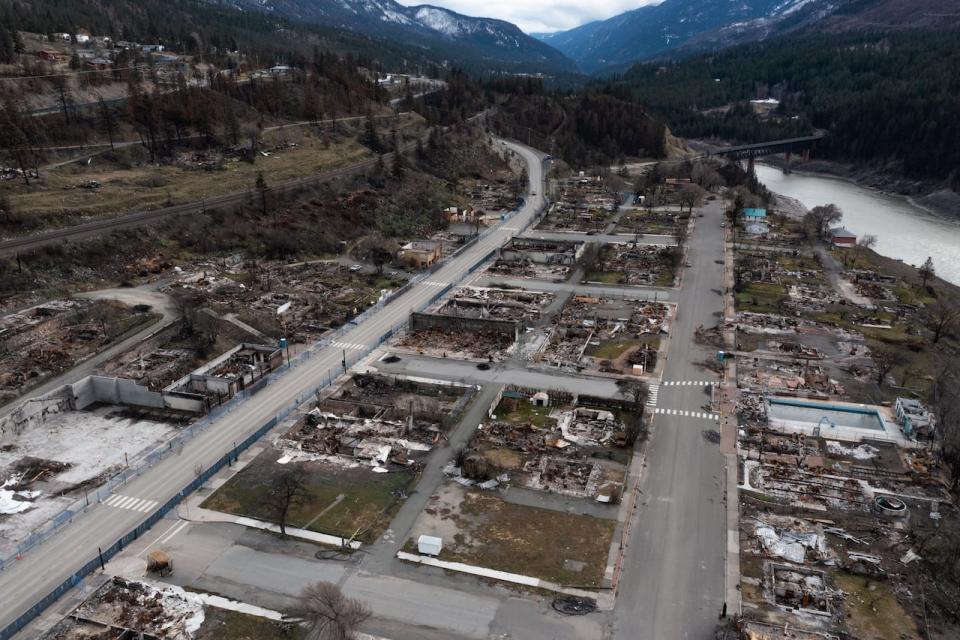
Loring said the people of Lytton were — or are — generous and community-driven.
"They'll give you the shirt off their back," he said, recalling specific people who have volunteered countless hours to help their community thrive.
That's why he's confident the town will come back despite a slow start to the rebuild. Cleanup didn't start until a year after the fire, and the first building permit wasn't issued by the village until the fall of 2023, according to Mayor Denise O'Connor.
"It's going at an absolute glacial pace," Loring said, pointing to "red tape" and archaeological processes at each site as the reason for the holdup.
Climate change symbol
Loring said the community was frustrated in November 2021, when just months after the fire, Prime Minister Justin Trudeau referred to Lytton in the past tense and used the community as a symbol for the consequences of climate change.
"In Canada, there was a town called Lytton. I say 'was' because on June 30, it burned to the ground. The day before, the temperature had hit 49.6 C, the hottest ever recorded in our country. Canada is warming, on average, twice as quickly as the rest of the world," Trudeau said. "The science is clear: we must do more and faster."
The community responded to that characterization: two days after Trudeau's speech, members of the Lytton Chamber of Commerce's business recovery steering committee sent him a letter to voice their frustration.
"To hear you, Prime Minister, refer to our town in the past tense … breaks our hearts," they said in the letter. "The town of Lytton still exists — it exists in the hearts and minds of every resident and every business."
While people were upset, Loring said, he sees Trudeau's point. Almost every summer, B.C. is faced with hundreds of wildfires and loss of homes.
He hopes the village is rebuilt with resiliency in mind to protect his hometown from future disasters.
"The community burned down. But the community is still there, you know?" he said.
"People are still there."

 Yahoo News
Yahoo News 
